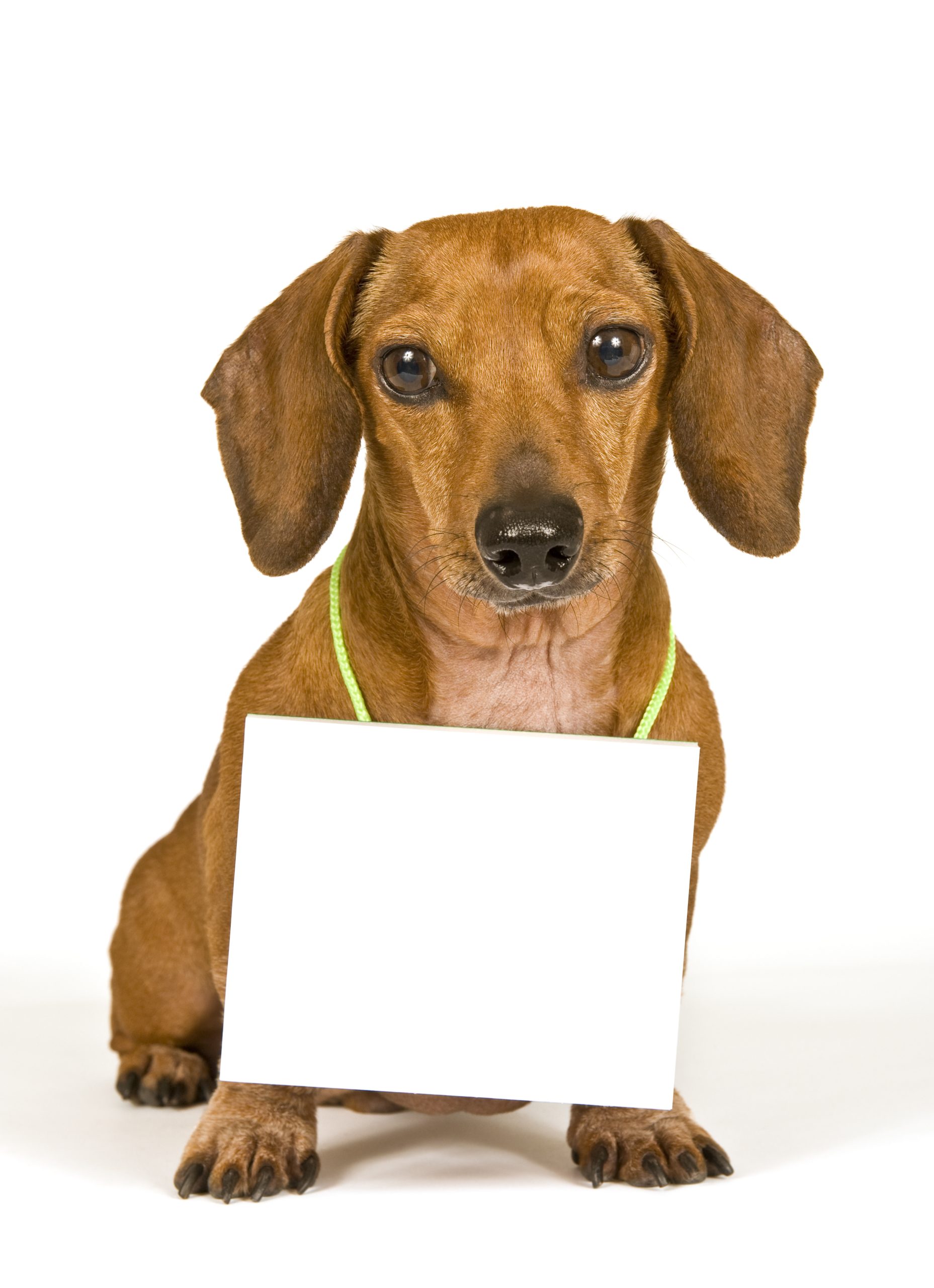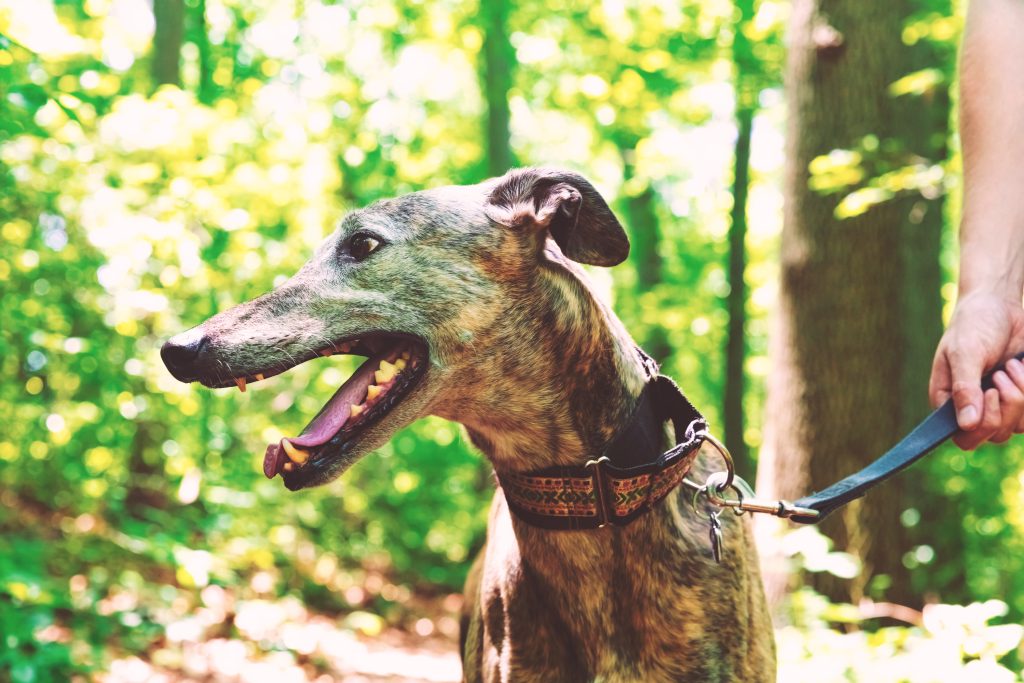Welcome to the ultimate guide to raising a well-behaved dog! In this blog post, we will cover everything you need to know about training your puppy. From socialization and habituation to teaching basic commands and dealing with common behavioral issues, we’ve got you covered. Let’s get started!
Introduction to Puppy Training
The first step in training your puppy is understanding that they are not born knowing how to behave properly. Just like children, dogs need guidance and instruction on what is expected of them. The key to successful puppy training is consistency, patience, and positive reinforcement.
The Importance of Socialization and Habituation
One of the most important aspects of puppy training is socialization and habituation. This involves exposing your pup to new people, places, sounds, and experiences in a controlled manner. By doing so, you can help prevent fearful or aggressive behaviors from developing later on in life. It’s essential to start socializing your puppy as early as possible, ideally before they turn 12 weeks old.
Teaching Basic Commands
Once your puppy has been socialized and habituated, it’s time to teach them some basic commands. Start by teaching them their name, followed by “sit,” “stay,” and “come.” These commands form the foundation for all other obedience training and can be used to control your dog in various situations. Remember to use positive reinforcement techniques such as treats and praise when your dog follows your instructions.
Housebreaking Your Puppy
Another crucial aspect of puppy training is housebreaking. You want to teach your dog to eliminate outside only, which requires consistent supervision and management during the initial stages. Set up a schedule for taking your puppy outdoors every hour, and reward them when they go potty where you want them to. It may take several months for your puppy to become fully housetrained, but with persistence and patience, it’s achievable.

Dealing with Common Behavioral Issues
As your puppy grows older, you may encounter some common behavioral issues such as jumping, barking, chewing, and digging. To address these problems, you must understand why your dog is exhibiting these behaviors in the first place. For example, if your dog jumps on people, it could be because they’re excited or anxious. Teach them to keep four paws on the ground instead, and reward them when they do so. If your dog barks excessively, identify the cause of the barking and work on reducing it through desensitization and counterconditioning.
Maintaining Good Manners as Your Dog Grows Older
All in all, once your dog reaches adulthood, it’s critical to maintain good manners through regular training sessions and practice. Continue working on basic commands, and introduce more advanced ones such as “leave it” and “drop it.” Also, make sure to provide plenty of exercise and mental stimulation to keep your dog healthy and happy. With dedication and effort, you can raise a well-behaved dog that brings joy to your life for years to come.

